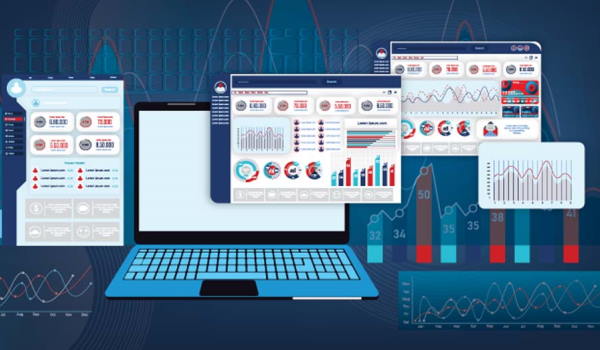K2’s CRM – The Ultimate Business Automation Tool
Information Technology
2 CPE Credits

Major Topics
- Overview of CRM functionalities tailored to accounting, including customizations and integrations
- Integrated tools that leverage CRM data for automating tasks and improving efficiency
- Strategies for successfully adopting a CRM platform and solutions to overcome common challenges
Learning Objectives
- Define Customer Relationship Management (CRM) and explain its significance in business automation
- Identify key CRM features that optimize accounting and financial workflows
- Name at least two best practices for implementing and customizing CRM systems for use in common accounting workflows
Description
This course provides an in-depth exploration of Customer Relationship Management (CRM) systems as a critical tool for business automation. Designed for accounting professionals, it emphasizes CRM’s role in streamlining workflows, organizing communications, enhancing client relationships, and improving efficiency. Participants will learn about key CRM features, integration with accounting software, and best practices for successful implementation. We will highlight practical applications with actionable insights to help attendees optimize their processes. This two-hour session ensures you walk away with a basic understanding of CRM’s transformative potential for business and financial management.
Compliance Information
Overview
This course provides an in-depth exploration of Customer Relationship Management (CRM) systems as a critical tool for business automation. Designed for accounting professionals, it emphasizes CRM’s role in streamlining workflows, organizing communications, enhancing client relationships, and improving efficiency. Participants will learn about key CRM features, integration with accounting software, and best practices for successful implementation. We will highlight practical applications with actionable insights to help attendees optimize their processes. This two-hour session ensures you walk away with a basic understanding of CRM’s transformative potential for business and financial management.
Course Details
- Overview of CRM functionalities tailored to accounting, including customizations and integrations
- Integrated tools that leverage CRM data for automating tasks and improving efficiency
- Strategies for successfully adopting a CRM platform and solutions to overcome common challenges
- Define Customer Relationship Management (CRM) and explain its significance in business automation
- Identify key CRM features that optimize accounting and financial workflows
- Name at least two best practices for implementing and customizing CRM systems for use in common accounting workflows
Intended Audience — Accounting and other business professionals seeking to leverage CRM technologies for more profitable client/customer interactions
Advanced Preparation — None
Field of Study — Information Technology
Credits — 2 Credits
IRS Program Number –
Published Date – January 1, 2025
Revision Date –